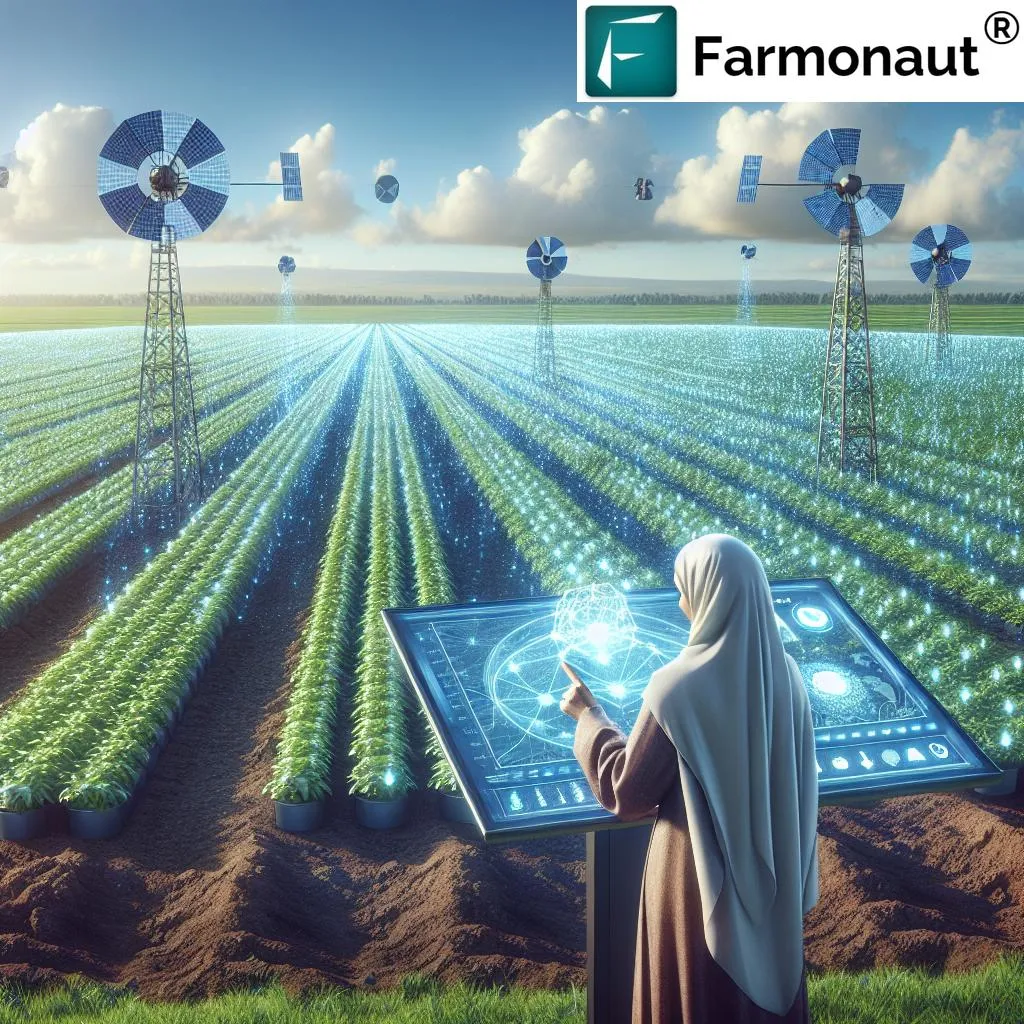In the heart of Egypt’s Al-Sharkia region, where the Nile’s fertile waters nurture vast expanses of rice and wheat, a groundbreaking study is set to revolutionize agricultural practices and bolster sustainability in the face of climate change. Led by Salma A. Mohamed of the Faculty of Computers Science and Technology at Modern Academy, the research introduces a hybrid deep learning and rule-based model that promises to transform smart weather forecasting and crop recommendation using satellite imagery.
The study, published in the prestigious journal Scientific Reports, known in English as Scientific Reports, addresses a critical need in modern agriculture: the effective management of meteorological forecasting data. By integrating multispectral image analysis, advanced weather forecasting, and rule-based models, Mohamed and her team have developed a framework that could significantly enhance agricultural precision and sustainability.
At the core of this innovative framework lies a Convolutional Neural Network (CNN) model that classifies agricultural land with remarkable accuracy. “The CNN model demonstrated exceptional performance, reducing training loss from 0.2362 to an astonishing 6.87e-4,” Mohamed explains. This level of precision is a game-changer for farmers, enabling them to make informed decisions about crop selection and planting schedules.
But the innovation doesn’t stop there. The study also employs a Recurrent Neural Network and Long Short-Term Memory (RNN-LSTM) model to predict critical meteorological variables with a root mean square (RMS) error of just 0.19. “This hybrid approach, combining CNN-based image analysis, LSTM-based weather prediction, and rule-based crop advisories, provides precise, localized forecasts and customized agricultural advice,” Mohamed adds.
The implications of this research extend far beyond the fields of Al-Sharkia. In an era where climate change poses unprecedented challenges to global agriculture, the ability to predict weather patterns and optimize crop recommendations with such accuracy is invaluable. This technology could reduce crop losses, decrease operational costs, and promote sustainable agricultural practices worldwide.
As we look to the future, the potential applications of this hybrid model are vast. From improving food security to enhancing the efficiency of agricultural supply chains, the insights gained from this research could shape the next generation of smart agriculture technologies. “This comprehensive method not only facilitates informed decisions but also encourages sustainable agricultural practices in response to climate change problems,” Mohamed concludes.
In a world grappling with the impacts of a changing climate, the work of Salma A. Mohamed and her team offers a beacon of hope. By harnessing the power of artificial intelligence and advanced data processing techniques, they are paving the way for a more sustainable and resilient agricultural future. As the global community continues to seek innovative solutions to the challenges posed by climate change, this research stands as a testament to the transformative potential of smart agriculture.

